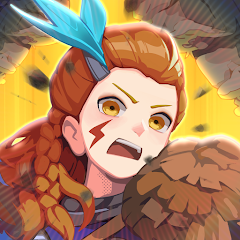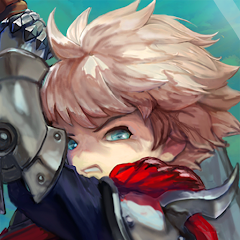Word is an express of human sense and language comes from combination of the words and beome an intellectual foundation in the development of society. Lhowa language is one of the language that is spoken by ethniclly Tibetan in Nepal and called Lhoke in local dilects. Lhoke (language of Lhowa) is spoken by ‘Lho Chho Dhoen’ people in Upper Mustang of Mustang district of Dhaulagiri zone in the Western Nepal.. It is on Tibeto-burman language family and has its own glory, proud and history.
Language is an important untauchable cultural heritage and also the scientific base of identification/recognition of people/tribal. If langague is lost, we loose our identity. Till to today, Lhowa language has been remained as an oral language since its origin, but in the modern society, it is not enough to remain oral to be preserved and developed. The language policy of government and other power language force minority language into danger. So, it is an important to develop writing system of language in order to be preserved. With the purpose of preservation, promotion and development of Lhowa language, its writing system has been now begun whereas the government has not put efforts in order to preserve and promote it. It is known that Lhowa ancester has expressed their cerncern towards their language by saying this Mother Tongue Proverb- ‘Faayu Pangna, Fake Mapang’ (Though you are forced to leave your mother land but never leave your Mother Tongue).
Understanding and knowing that Dictionary is cornerstone of language development, HIS Nepal is able to publish Lhowa-Nepali-English dictionary including with some dilects found in Lhowa language. We feel proud of it. We tried to enter words and dilects from different VDC of ‘Lo Chho Dhen’ (Upper Mustang) by inviting native speakers from those VDCs while editing.
Mr Rinjin Lhowa (Gurung) from Lomanthang is the one who should get most credit of the dictionary. It is the fruit of his hard work and service to community. Also my thank goes to Mr Angyal (Arjun) Lhowa (Gurung) from Fuwa village who helped in the edition of this dictionary. It would be bias if I do not acknowledge the valuable contribution of Ms Nima Dhoka Lhowa (Gurung), Ms Dikki Lhowa (Bista), Ms Sonam Dhoma, Ms Karsang Lhowa (Gurung) who went to field door to door and collected words. Also I would like to thank to all Lhowa people who contributed in many ways for this dictioanary.
My gratitude goes to Mrs Chhing Chippa Lhomi (Bhote Lama), Mari-Sisko Khadgi and Diwakar Man Shrestha for their wonderful contribution as facilitator, linguiists and technician respectively and to Tribhuwan University- Linguistic Department, Nepal Acadamy, SIL International- Nepal and National Foundation for Development of Indigenous Nationalities (NFDIN) who provided lots of training throught out the dictionary development process.
It is my previledged to have an important, encouraging and valuable written speech from Jigme Dandur Palbar Bista, King of Mustang and Mr No Angchuk Lhowa (Gurung), President of Lhowa (Lhopa) Association and Dr Ghana Shyam Lhowa (Gurung), first Ph D holder from Lhowa community.
At the end, I would like to thank to National Foundation for Development of Indigenous Nationalities (NFDIN) for their financial help to print the dictionary.
Lhowa Dictionary
1.0
Lhowa-Nepali-English
Description
What's new
Jan 11, 2017

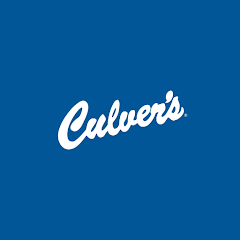
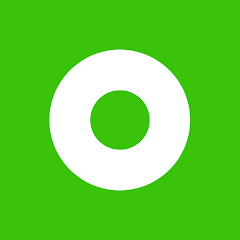
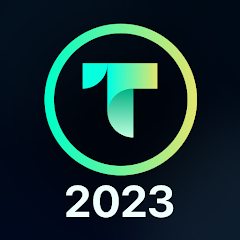
![Loro Photo Editor - AI Editor APK Download [Latest Version] 5 Loro Photo Editor - AI Editor APK Download [Latest Version] 5](https://images.apkfuel.com/2023/11/Loro-Photo-Editor.webp)

